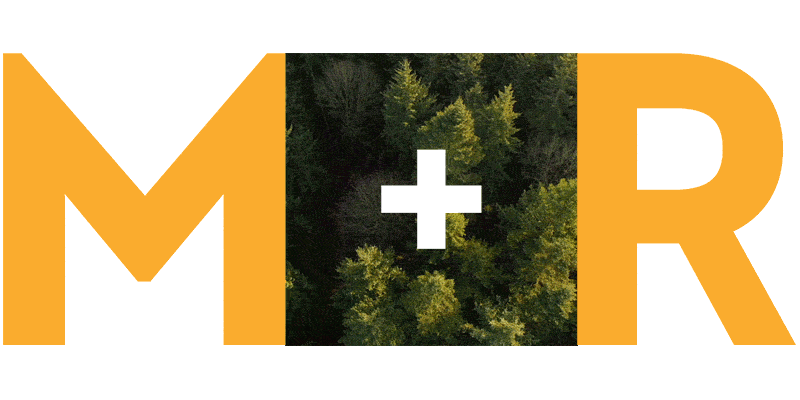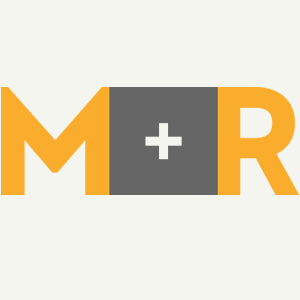Facebook must change. In response to demands from activists and racial justice organizations, a number of large corporate Facebook advertisers are going dark on paid ads today. Nonprofits are also responding to this moment in a variety of ways.
Last week, we shared some recommendations with our clients who advertise on Facebook to address some of the questions nonprofits are facing. We are sharing this information publicly in the hope that it might be helpful for other nonprofits who are considering their part in holding Facebook (and other tech companies) accountable.
If you have more questions about the effort itself, you’re welcome to reach out directly to some of the organizers of the campaign, or to hello@mrss.com and we can put you in touch directly.
******
In case you haven’t heard about it yet, a number of anti-hate and racial justice organizations (including the ADL, NAACP, and Color of Change) are asking corporations who advertise on Facebook to pause their advertising for July, in response to Facebook’s repeated failure to meaningfully address the vast proliferation of hate on its platforms. Some of the notable companies who have committed to pausing their ads include Verizon, Upwork, and REI.
While we don’t know of any non-profit organizations who are participating at this point, many are considering it or are participating in other ways, and we felt it important to lay out some options and how we could support you if you also wanted to participate.
First, we want to take a moment to recognize that this is a complex issue. We work with you every day on advertising efforts that we truly believe ultimately make the world a better place. That involves partnering with corporations (including but not limited to Facebook, Google, and Amazon) that undoubtedly make the world a worse place—but are the most effective means of successfully reaching audiences of supporters, donors, and activists. M+R does not believe it’s a bad thing to examine that balance, and to be honest and straightforward about the calculus involved. It might sound obvious, but if we didn’t believe that running ads on Facebook would result in making positive change in the world, we would definitely choose a different platform on which to spend our time and effort.
We can’t be sure that this effort will make a difference, but we can say that when Facebook has changed its actions in the past, it is usually only in response to bad press. With that in mind, from what we have seen, we believe this campaign has the potential to have an impact, and we would be fully supportive of your organization participating, and would be happy to do what it takes to make that feasible for you. M+R will certainly be taking some steps as an organization to exert whatever pressure we can in our direct dealings with Facebook.
Pausing ads is not the only way to support the effort—in fact, Color of Change has specified that they themselves are continuing to run ads in July, and they’re not asking organizations fighting for racial justice to pause either. When we reached out, contacts at Color of Change and ADL said that they’d love to have organizations join in any way they can, including
- pausing ads,
- amplifying the campaign,
- joining the coalition itself as a partner, which again doesn’t necessitate pausing ads—they’re particularly interested in “politically neutral” organizations—and/or
- reaching out to corporate contacts to urge them to pause their ads during July.
We wanted to outline all of these options in case you want to share this with other nonprofit or corporate contacts. We do know organizations who are going to reach out to their corporate contacts, and we also know of some who will stop some Facebook advertising, but continue ads for programs that benefit the same communities who are targets of racism and hate.
Here’s what we can help with:
If you do want to pause any ads, let’s discuss the potential impact on our program and how we can mitigate it. We’ll obviously want to consider what budget could reasonably be moved to another month or other channel, and whether we expect that to have a negative impact on the year’s goals or costs.
Of course, we also recognize that the best way that we can support vulnerable communities might be by continuing our work, which may mean continuing to run Facebook ads. If you’d like to participate in or amplify the campaign in other ways, we can certainly brainstorm those with you, as well as contribute what other resources we have available (such as any organizational, media, and Facebook contacts we have). As we said, we do believe that press attention is the thing that is most asked for and most likely to lead to change.
It is also worth noting that there are significant issues that we have with Facebook when it comes to nonprofits specifically that are not addressed in this campaign. How Facebook, Google, and Twitter have implemented their policies on social issue messaging is incoherent and harmful to the non-profits and the communities they serve. We don’t think it’s worth muddying this campaign by calling for those changes at this time, but we will certainly be watching to see how Facebook responds to being called out publicly when it comes to the next fight over tech.
And thank you—we work with you because we believe that you make the world a better place.



